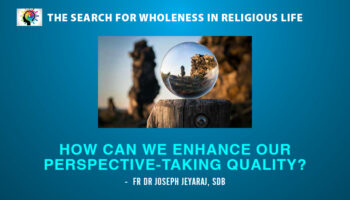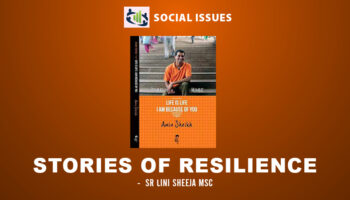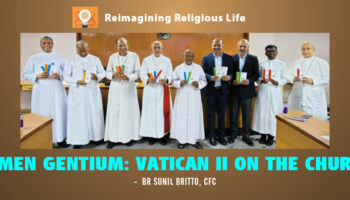C S Lewis – The Problem of Pain.
(First published 1940; HarperCollins revised edition 2009)
Scholar, teacher, novelist, literary critic and Christian apologist, C. S. Lewis (1898-1963) is highly popular in the English-speaking world even today. The Problem of Pain focuses on the fundamental issues of evil and human suffering: Whence came evil? Is God truly good? Why did God create human beings, knowing beforehand that they would fall?
Lewis begins with a recollection of his early atheistic view of life—of the vastness of the universe controlled by chance, seemingly indifferent to human fate, purposeless and constantly moving towards dissolution and, above all, human cruelty, pain and suffering which rule out a benevolent God. “If God were good, He would make His creatures perfectly happy, and if He were almighty He would be able to do what he wished. But the creatures are not happy. Therefore God lacks either goodness, or power, or both.” The answer to the problem starts with the question: “If the universe is so bad, or even half so bad, how on earth did human beings ever come to attribute it to the activity of a wise and good Creator?” He observes that “the spectacle of the universe as revealed by experience can never have been ground for religion: it must always have been something in spite of which religion, acquired from a different source, was held.”
Lewis explores the source of the notion of God from the experience of the “Numinous” (meaning ‘the uncanny supernatural or God’) of moral experience that are shared by all religions. But the Judeo-Christian tradition adds God into the question. Jewish tradition combines God with morality. Later in history God becomes a human being in Christ. Lewis puts forth his argument for the divinity of Christ looking at what He did and said and declares: “Either He was a raving lunatic of an unusually abominable type, or else He was, and is, precisely what He said.” A description of Christ as a ‘simple preacher’ or a ‘wise man’ etc. would be a reduction. Lewis discusses related issues, like human evil, heaven, hell, etc., in a most engaging colloquial manner that even the average reader can understand.
———————————————————————————————————————————————————————————-
Mitch Albom:
Have a Little Faith: A True Story.
Hyperion Books, 2009.
This book, coming after Albom’s bestselling Tuesdays with Morrie, is about the author’s re-entry into the world of his lost Jewish faith after a long absence. Rabbi Albert Lewis (The Reb), sensing that he is nearing death, asks Mitch to do the eulogy at his funeral. Never serious about religion, the author is perplexed by the request, but agrees. He conducts many interviews with him, which helps him understand the man deeply and also find his own way back to faith.
There is also the parallel story of African-American Pastor Henry Covington, an ex-convict and reformed drug addict. Covington is the founder- pastor of a church ‘I am My Brother’s Keeper.’ The homeless people of downtown Detroit find refuge there. But the building is in a state of decay. Over eight years, Mitch builds up a relationship with these two religious leaders. It transforms him into a true believer.
He also comes to learn that there are many paths to God. At the heart of things there is a deep unity of the human spirit that builds a community which only true faith can create. His interviews with the Reb and Covington bring him to the awareness that, although we may have lots of contacts and acquaintances, they are not a community. Community is built upon faith and deeper relationships, which make the whole humankind an extended family.
At the climax of the story, Mitch delivers the eulogy for the Reb. The mourners are also delightfully surprised by a pre-recorded goodbye speech by the Reb played at his funeral by Teela Singh, a Hindu friend, in which the Reb speaks to his friends as if he is speaking from heaven. In the speech the Reb has answers to two questions raised to him before. One is whether he believed in God. The answer is yes. The second is about life after death, to which the Reb replies posthumously (!) ” My answer… yes.. .But friends, I am sorry. Now that I know, I can’t even tell you.” Mitch later sets up a charity meant to help the homeless people of Detroit with Covington. Ten percent of the proceeds of this book are dedicated to this purpose.

To subscribe to the magazine Contact Us





